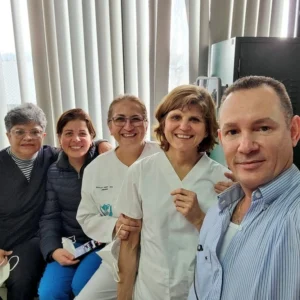Welcome to the world of mission volunteer work for physician assistants! If you’re a compassionate healthcare professional looking to make a difference, this article is for you. We will explore the role of physician assistants in mission volunteer work, the benefits and challenges of volunteering, and the impact it can have on both your personal growth and professional development.
Mission volunteer work allows physician assistants to contribute their skills and expertise to underserved communities around the world. It offers a unique opportunity to make a positive impact on the lives of those in need while gaining invaluable global healthcare experience. Whether you’re a seasoned professional or just starting your career, volunteering abroad can be a rewarding and transformative experience.
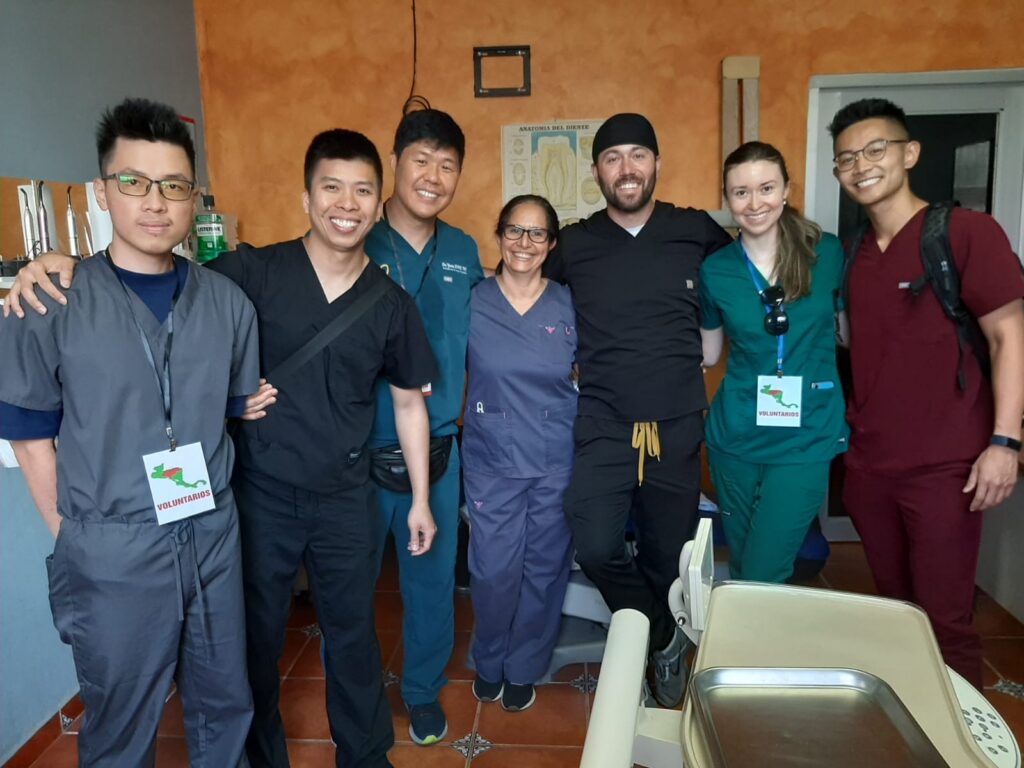
In this article, we will delve into the responsibilities of physician assistants and the importance of mission volunteer work in healthcare. We will also discuss the various volunteer opportunities available through www.abroaderview.org, a trusted organization that connects passionate individuals with meaningful projects worldwide. Furthermore, we will explore the medical requirements and preparations needed before embarking on a mission volunteer trip.
Join me as we explore the world of physician assistants as mission volunteers and discover how this unique opportunity can shape your personal and professional journey. Are you ready to make a difference? Let’s dive in!
Understanding the Role of Physician Assistants in Mission Volunteer Work
Definition and Responsibilities of Physician Assistants
Physician Assistants (PAs) are healthcare professionals who work under the supervision of doctors and surgeons. They are trained to perform a variety of medical tasks, including diagnosing illnesses, creating treatment plans, and assisting in surgeries. PAs play a crucial role in providing healthcare services, especially in underserved areas where there may be a shortage of doctors.
The responsibilities of PAs in mission volunteer work include:
- Conducting medical examinations and assessments
- Administering medications and treatments
- Assisting in surgical procedures
- Providing counseling and education to patients
- Collaborating with other healthcare professionals
- Participating in community outreach and health promotion activities
PAs bring expertise and skills to mission volunteer work, contributing to the overall goal of improving the health and well-being of communities in need.
Importance of Mission Volunteer Work in Healthcare
Mission volunteer work in healthcare is crucial for several reasons:
- Access to Healthcare: Many communities around the world lack proper access to healthcare services, either due to financial constraints or lack of medical facilities. Mission volunteers, including PAs, bridge this gap by providing much-needed healthcare services to these underserved populations.
- Health Education and Promotion: Mission volunteers not only provide medical treatment but also play a significant role in educating communities about preventive healthcare measures and promoting a healthy lifestyle. PAs can educate patients about diseases, prevention methods, and the importance of regular check-ups.
- Emergency Response and Disaster Relief: During times of disaster or emergencies, mission volunteers are often the first responders. PAs assist in triaging patients, providing immediate care, and coordinating with other medical teams to ensure an effective response.
Benefits and Challenges of Volunteering
Volunteering as a PA in mission work offers numerous benefits, both for the volunteers themselves and the communities they serve. Some of the benefits include:
- Personal Fulfillment: Volunteering allows PAs to make a positive impact on the lives of others, providing a sense of purpose and fulfillment. The gratitude and appreciation received from the communities served can be immensely rewarding.
- Learning Opportunities: Mission work exposes volunteers to diverse medical cases and conditions, providing valuable learning opportunities. PAs can gain experience in areas outside their usual scope of practice, expanding their knowledge and skills.
- Cultural Immersion: Volunteering in different regions and countries allows PAs to experience diverse cultures and customs. This cultural immersion helps develop a greater understanding and appreciation for global healthcare disparities and challenges.
However, it is important to acknowledge and prepare for the challenges that come with volunteering:
- Emotional Demands: Providing healthcare in underserved areas can be emotionally challenging. PAs may encounter severe health conditions, limited resources, and difficult life situations. It is essential for volunteers to prioritize self-care and seek support when needed.
- Language and Cultural Barriers: Working in foreign regions may involve language barriers and cultural differences. PAs need to adapt and find effective ways to communicate and connect with patients and local healthcare professionals.
- Logistics and Adaptation: Mission work often involves living and working in remote or unfamiliar locations with limited resources. Volunteers must be adaptable, flexible, and prepared for the logistical challenges that may arise.
Understanding the role of PAs in mission volunteer work helps us appreciate their valuable contribution in providing healthcare to underserved communities. It also highlights the benefits and challenges that volunteers may encounter, emphasizing the importance of proper preparation and support to ensure a successful and impactful mission experience.
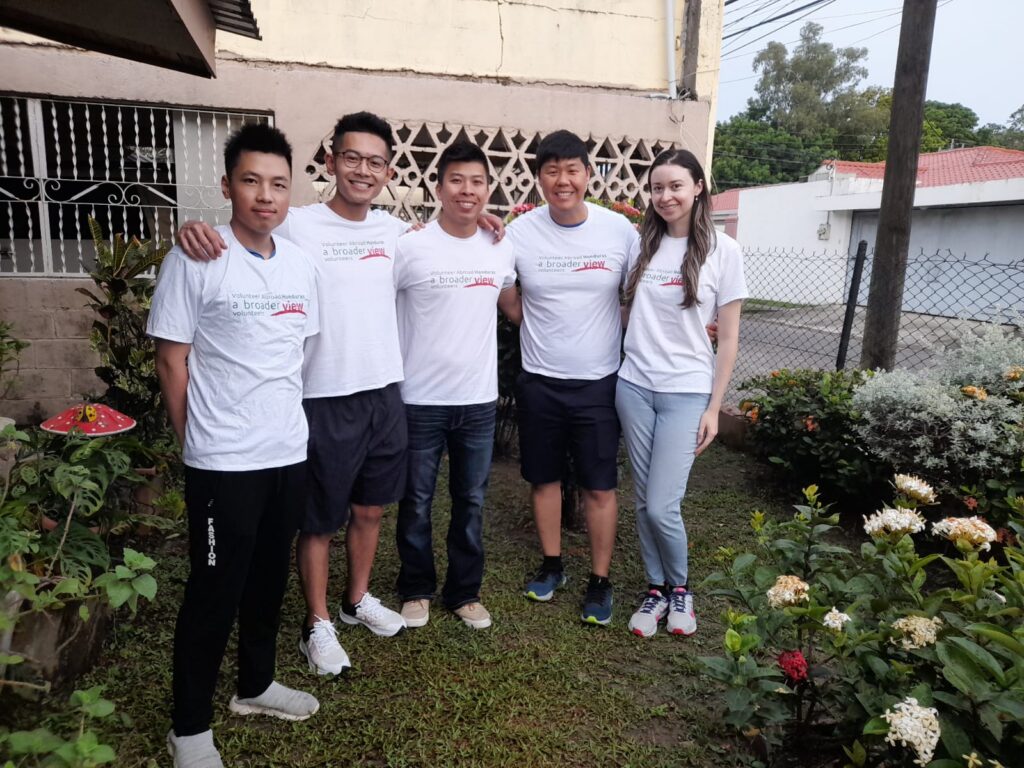
Choosing to Volunteer with www.abroaderview.org
Overview of www.abroaderview.org
www.abroaderview.org is a renowned organization that offers volunteer opportunities for individuals who are passionate about making a positive impact in diverse communities around the world. With a strong focus on healthcare, www.abroaderview.org provides an excellent platform for physician assistants (PAs) to contribute their skills and expertise in mission volunteer work.
Mission and Values
At www.abroaderview.org, their mission is to empower local communities through sustainable development initiatives, with an emphasis on healthcare and education. They believe in fostering cross-cultural understanding and promoting global citizenship. The organization values the importance of collaboration, respect, and integrity in all their endeavors, ensuring that volunteers have a meaningful and rewarding experience.
Available Volunteer Opportunities
www.abroaderview.org offers a wide range of volunteer opportunities for PAs in 32 countries across Asia, Africa, Latin America, and the Caribbean. The organization partners with local clinics, hospitals, and non-profit organizations to provide healthcare services to underserved communities. As a volunteer PA, you have the opportunity to work alongside local healthcare professionals, contribute to primary care services, and participate in educational initiatives and health promotion activities.
Application and Selection Process
To volunteer with www.abroaderview.org, you will need to complete their online application form. The organization carefully reviews each application to ensure a good fit between the volunteer and the project. Once your application is approved, you will be provided with detailed information about the project, including the location, duration, and specific responsibilities.
It is important to note that volunteer positions with www.abroaderview.org are highly sought after and can be competitive. It is advisable to apply well in advance to secure your spot and allow time for any necessary preparations.
As a volunteer, you may be responsible for covering your own expenses, including travel costs, accommodation, and meals. However, www.abroaderview.org provides guidance and support in arranging these logistics, as well as comprehensive pre-departure training to ensure you are well-prepared for your mission volunteer work.
Volunteering with www.abroaderview.org offers a unique opportunity for PAs to make a meaningful difference while exploring a new culture and gaining valuable experience in the field of global healthcare. By choosing to volunteer with www.abroaderview.org, you can be part of a dedicated team working towards sustainable development and positive change in communities around the world.
Preparing for Mission Volunteer Work
Preparing for mission volunteer work requires careful planning and consideration. As a physician assistant, you have the opportunity to make a meaningful impact on the lives of others through your medical expertise. Here are some important factors to consider when preparing for mission volunteer work:
Medical Requirements and Certifications
Before embarking on your mission volunteer journey, it is crucial to ensure you have met all the necessary medical requirements and certifications. This may include obtaining specific vaccinations, undergoing medical examinations, and updating your licensure and credentials.
- Vaccinations: Research the recommended vaccinations for the country you will be volunteering in and make sure you are up to date on all necessary immunizations. This will not only protect your own health but also prevent the spread of diseases to the local population.
- Medical Examinations: Many mission organizations require volunteers to undergo a medical examination to ensure they are physically and mentally fit to carry out their duties. This examination may include assessments of your overall health, hearing and vision tests, and psychological evaluations.
- Licensure and Credentials: Check if your current physician assistant license is valid in the country you will be volunteering in. If not, inquire about the process for obtaining a temporary license or any additional certifications required.
Cultural Sensitivity and Adaptation
When volunteering in a different country, it is important to be respectful and culturally sensitive. Take the time to learn about the local customs, traditions, and social norms of the community you will be serving. This will help you build rapport with the locals and ensure effective communication.
- Cultural Awareness: Familiarize yourself with the cultural practices, beliefs, and values of the community you will be working with. Learn about their healthcare practices and any taboos or sensitivities related to medical treatment.
- Adaptability: Be prepared for differences in infrastructure, resources, and healthcare systems. Volunteer work in developing countries may present unique challenges such as limited medical supplies, lack of technology, and language barriers. Stay open-minded and flexible in adapting to these conditions.
Language Skills and Training
Effective communication is vital in providing quality healthcare and building trust with patients. Depending on the country you will be volunteering in, it may be necessary to learn the local language or at least have basic language skills to communicate with patients and medical staff.
- Language Learning: If the local language is unfamiliar to you, consider taking language classes or utilizing language learning resources to enhance your communication skills. Even a basic understanding of the language will go a long way in connecting with patients and colleagues.
- Medical Terminology: Familiarize yourself with medical terms and phrases commonly used in the country you will be volunteering in. This will facilitate effective communication with local healthcare professionals and ensure accurate diagnosis and treatment.
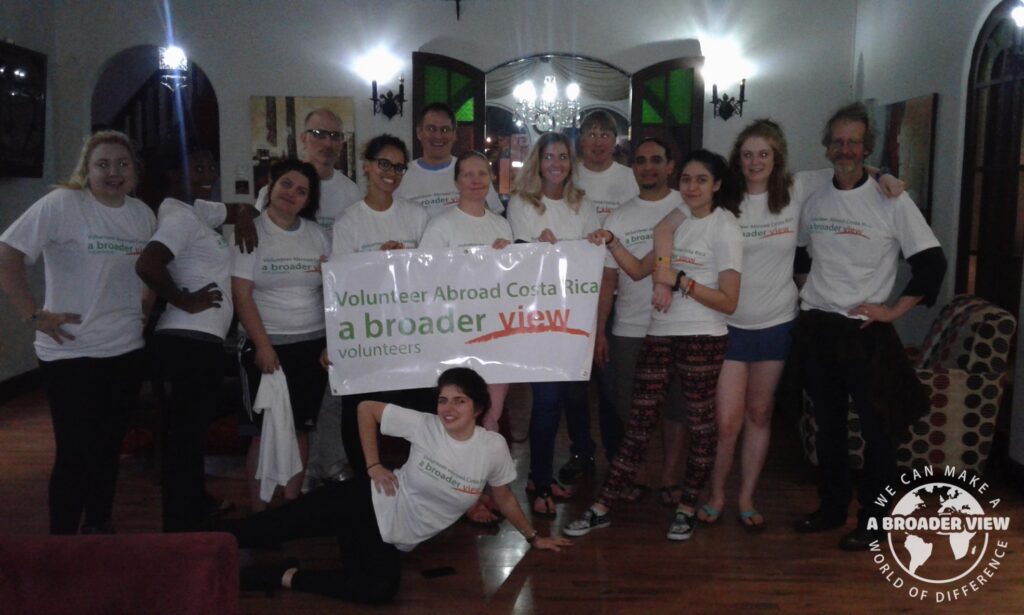
Logistics and Travel Arrangements
Arranging your travel and logistics beforehand will help ensure a smooth and stress-free experience during your mission volunteer work.
- Travel Documents: Check the visa requirements for the country you will be volunteering in and make sure you have all the necessary travel documents in order. Keep in mind that visa processing times can vary, so plan accordingly.
- Accommodation and Transportation: Research and make arrangements for your accommodation and transportation while on your mission. Some volunteer organizations may provide accommodations or assistance in finding suitable housing. Plan your transportation options for commuting to and from your volunteer site.
Preparing for mission volunteer work requires careful preparation and consideration of various factors. By meeting medical requirements, developing cultural sensitivity, enhancing language skills, and arranging logistics, you will be well-prepared to make a positive impact in the community you will be serving. Remember, your willingness to contribute your skills and time is invaluable in helping those in need.
The Impact of Physician Assistants in Mission Volunteer Work
Mission volunteer work provides an opportunity for physician assistants to make a tangible impact on the healthcare systems of underserved communities around the world. By utilizing their medical knowledge and skills, physician assistants can assist local healthcare professionals, provide primary care services, collaborate with medical teams, and initiate educational programs to promote health.
Assisting Local Healthcare Professionals
In many developing countries, healthcare systems often face a shortage of trained medical professionals. Physician assistants can play a crucial role in filling this gap by working alongside local healthcare professionals. By sharing their expertise and providing support, physician assistants can enhance the quality of care and improve patient outcomes. They assist in conducting medical assessments, diagnosing diseases, prescribing medications, and administering treatments under the supervision of licensed physicians.
Providing Primary Care Services
One of the primary responsibilities of physician assistants in mission volunteer work is to provide primary care services to underserved communities. This may include conducting health screenings, performing physical examinations, managing chronic illnesses, and offering preventive healthcare advice. By providing comprehensive primary care services, physician assistants contribute to the overall well-being of individuals and communities, particularly in areas where access to healthcare is limited.
Collaborating with Medical Teams
Mission volunteer work often involves working as part of a multidisciplinary medical team. Physician assistants collaborate closely with physicians, nurses, pharmacists, and other healthcare professionals to deliver holistic care to patients. They actively engage in case discussions, share insights, and contribute to treatment plans. This collaborative approach ensures that patients receive the best possible care, considering different perspectives and expertise within the medical team.
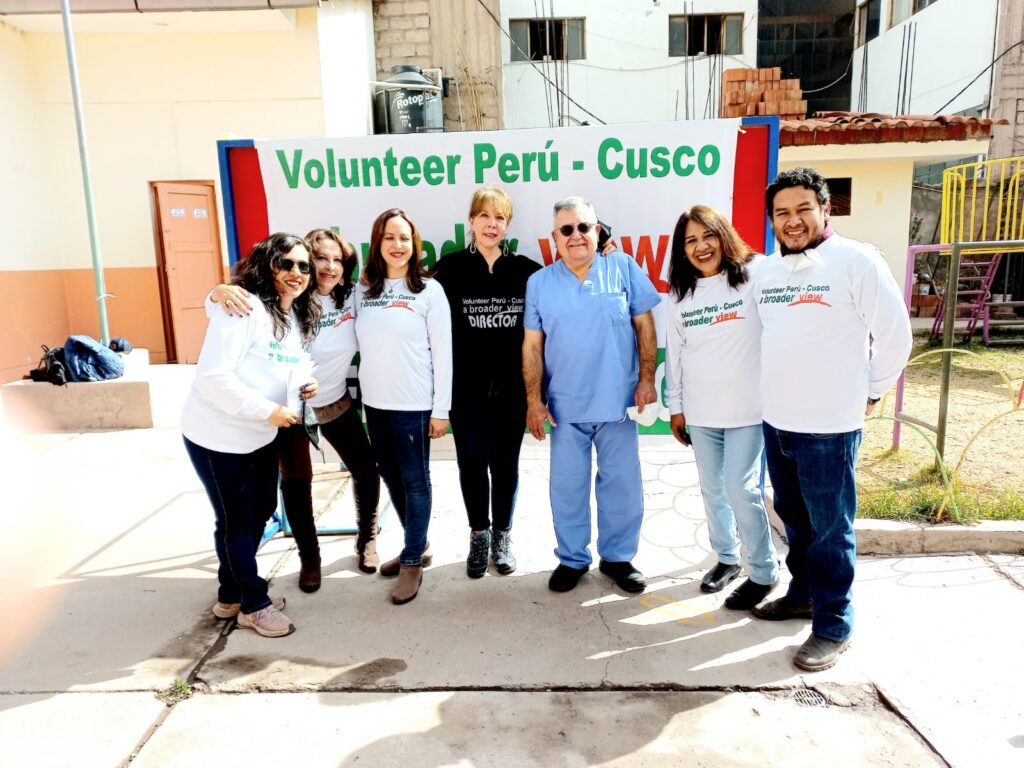
Educational Initiatives and Health Promotion
In addition to providing direct patient care, physician assistants in mission volunteer work also play a vital role in educational initiatives and health promotion. They can conduct workshops and training sessions to educate local healthcare professionals on the latest medical practices and techniques. These educational initiatives not only empower local healthcare providers but also improve the long-term sustainability of healthcare services within the community. Physician assistants can also engage in community health programs, raise awareness about preventive measures, and provide health education to individuals and families.
As mission volunteers, physician assistants have the opportunity to positively impact the lives of individuals and communities while gaining valuable personal and professional experiences.
“Physician assistants can make a tremendous impact on the healthcare systems of underserved communities through their clinical skills, collaboration, and educational initiatives.”
Experiences and Challenges Faced by Physician Assistants in Mission Volunteer Work
Volunteering as a physician assistant in mission work can be a highly rewarding and fulfilling experience. It provides an opportunity to make a positive impact on the health and well-being of communities in need. However, it also comes with its fair share of challenges. Let’s explore some of the experiences and challenges that physician assistants may face when engaging in mission volunteer work.
Language and Cultural Barriers
One of the most common challenges faced by physician assistants in mission work is overcoming language and cultural barriers. In many cases, the volunteer may be serving in a country where they do not speak the local language fluently. This can make communication with patients and local healthcare professionals quite challenging. Additionally, cultural differences may impact the way healthcare is delivered and received, requiring the volunteer to adapt their approach to fit within the local context.
Limited Resources and Infrastructure
In some mission settings, resources and infrastructure can be limited. This means that physician assistants may have to work with minimal equipment, outdated medical technology, or in facilities with limited staff or space. This can pose challenges in providing the necessary level of care and may require creative problem-solving skills to overcome resource limitations.
Unfamiliar Medical Cases and Conditions
Mission work often takes physician assistants to unfamiliar environments where they may encounter medical cases and conditions that they have not encountered before. This can be both exciting and daunting. It requires the volunteer to quickly learn and adapt to new medical practices, guidelines, and treatment protocols.
Emotional and Ethical Considerations
Working in mission settings can be emotionally challenging. Physician assistants may come face to face with the harsh realities of poverty, lack of access to healthcare, and the suffering of patients. This can create emotional strain and ethical dilemmas, such as making difficult decisions regarding resource allocation or determining the best course of action in challenging medical situations.
Despite these challenges, physician assistants in mission volunteer work also have the opportunity to gain valuable experiences and grow both personally and professionally.
“Volunteering in mission work allows physician assistants to expand their clinical skills, learn from diverse medical cases, and develop resilience in the face of challenges.”
How to Overcome Challenges
Here are a few strategies that can help physician assistants overcome the challenges they may face in mission volunteer work:
- Cultural Sensitivity and Education: Prioritize learning about the local culture, customs, and healthcare practices before embarking on a mission trip. This will help foster understanding and adaptability.
- Language Training: Enroll in language courses or utilize language learning resources to improve communication skills. This can greatly enhance patient care and collaboration with local healthcare professionals.
- Flexible and Adaptable Approach: Be open to learning new medical practices and adapting to the local healthcare system. Embrace the opportunity to broaden your knowledge and skills by working in different contexts.
- Seeking Support: Connect with other volunteers, local healthcare professionals, or support networks to discuss challenges, share experiences, and gain guidance as needed.
In conclusion, while physician assistants may face various challenges in mission volunteer work, the experience can be incredibly rewarding. Overcoming language and cultural barriers, adapting to limited resources, and navigating unfamiliar medical cases are opportunities for growth and professional development. By embracing these challenges and utilizing supportive strategies, physician assistants can make a significant impact on the communities they serve and gain a deeper understanding of global healthcare.
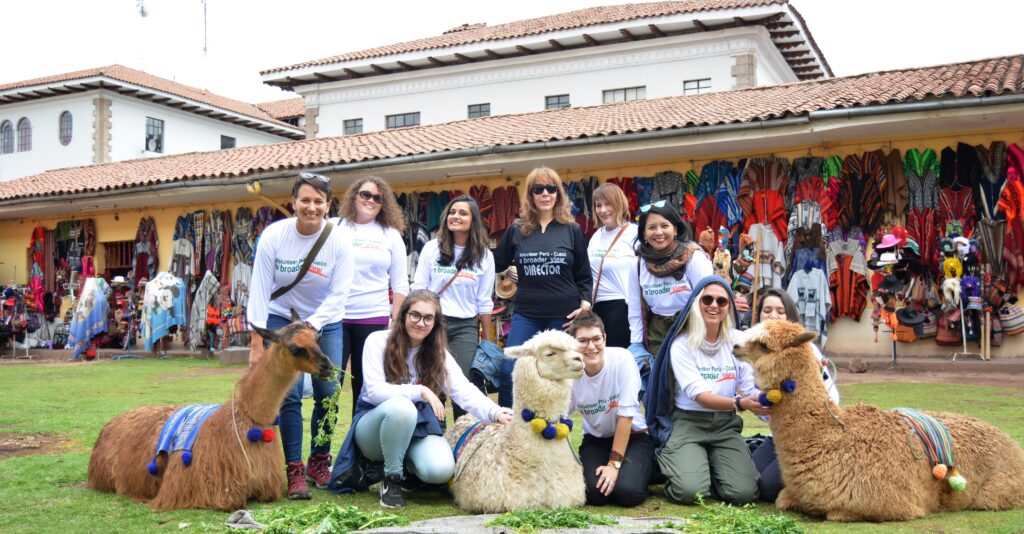
Personal Growth and Professional Development
Volunteering as a physician assistant in mission work not only allows you to make a positive impact on communities in need, but it also provides incredible opportunities for personal growth and professional development. Here are some ways in which volunteering can enrich your life and enhance your career as a physician assistant:
Enhancing Clinical Skills and Knowledge
When you volunteer in mission work, you may encounter medical cases and conditions that you may not have experienced in your regular practice. This exposure to a diverse range of patients and medical challenges can significantly contribute to your clinical skills and knowledge. You may have the opportunity to learn new treatment techniques, gain practical experience in different areas of healthcare, and collaborate with local healthcare professionals who may have valuable insights to share.
Building Resilience and Adaptability
Volunteering in mission work often means working in resource-limited settings and dealing with challenging conditions. The experience can help you develop resilience and adaptability as you navigate through unfamiliar environments and overcome obstacles. You may need to think on your feet, improvise with limited resources, and find innovative solutions to complex problems. These skills are not only valuable in a mission volunteer setting but also applicable in your everyday practice as a physician assistant.
Developing Cultural Competence
Working in a different country or community exposes you to diverse cultures, beliefs, and practices. This immersion in different cultural contexts can enhance your cultural competence, allowing you to better understand and interact with patients from different backgrounds. You will learn to appreciate the importance of cultural sensitivity in healthcare and gain the skills to effectively communicate and provide care to individuals with diverse experiences and perspectives.
Gaining Global Perspective
Volunteering as a physician assistant in mission work provides an opportunity to broaden your perspective and gain a global view of healthcare. You will witness firsthand the healthcare challenges faced by underprivileged communities and the efforts being made to address them. This experience can deepen your understanding of the social determinants of health and inspire you to advocate for global health equity even after your volunteer service is complete.
Whether you are a seasoned physician assistant or a recent graduate, volunteering in mission work can offer invaluable personal growth and professional development opportunities. It allows you to expand your clinical skills, build resilience and adaptability, develop cultural competence, and gain a global perspective. So, take a step outside your comfort zone and embark on a fulfilling journey that will not only make a difference in the lives of others but also transform you as a healthcare professional.
Conclusion
Conclusion
Volunteering as a physician assistant with A Broader View Volunteers (www.abroaderview.org) offers a unique opportunity to make a significant impact on underserved communities while gaining personal and professional growth. By dedicating your skills and expertise to mission volunteer work, you can contribute to improving healthcare access, provide primary care services, and collaborate with medical teams on educational initiatives and health promotion.
Through A Broader View Volunteers, you can choose from a wide range of volunteer opportunities across 32 countries in Africa, Asia, Central America, and South America. The organization is committed to creating meaningful and life-changing experiences for volunteers while empowering local communities through sustainable projects and cultural exchange.
Volunteering as a physician assistant requires careful preparation to ensure you are equipped for the challenges and requirements of the mission. A Broader View Volunteers will guide you through the application and selection process, help you navigate medical requirements and certifications, and provide support for logistics and travel arrangements.
While mission volunteer work poses unique challenges such as language and cultural barriers, limited resources, and unfamiliar medical cases, these experiences can also be transformative. As a physician assistant, you will develop resilience, adaptability, and cultural competence. You will gain a global perspective and enhance your clinical skills and knowledge by working in diverse environments with a variety of medical conditions.
By volunteering with A Broader View Volunteers, you will not only make a difference in the lives of others but also experience personal growth and professional development. You will have the opportunity to build meaningful connections with local communities, increase your understanding of global healthcare disparities, and make a lasting impact on the lives of those in need.
So, if you are ready to embark on an incredible journey as a physician assistant mission volunteer, visit www.abroaderview.org and start your application today. Together, let’s make a difference and create a brighter future for communities around the world.
Frequently Asked Questions
- What is the mission of Physician Assistants with www.abroaderview.org?The mission of Physician Assistants with www.abroaderview.org is to volunteer and provide medical assistance in 32 countries around the world.
- How can Physician Assistants get involved with www.abroaderview.org?Physician Assistants can get involved with www.abroaderview.org by applying for volunteer programs on their website. They can choose the country and project that aligns with their interests and skills.
- What are the requirements to become a volunteer Physician Assistant with www.abroaderview.org?The requirements to become a volunteer Physician Assistant with www.abroaderview.org may vary depending on the country and project. Generally, volunteers should have relevant qualifications, experience, and a positive attitude towards working in diverse cultural settings.
- What kind of medical work can Physician Assistants expect to do as volunteers?As volunteers with www.abroaderview.org, Physician Assistants can expect to provide healthcare services, assist local medical professionals, conduct health education sessions, and participate in community outreach programs.
- Are there any costs involved in volunteering as a Physician Assistant with www.abroaderview.org?Yes, there are costs involved in volunteering as a Physician Assistant with www.abroaderview.org. Volunteers are responsible for their travel expenses, program fees, and insurance. However, www.abroaderview.org offers affordable programs and provides guidance and support throughout the process.


